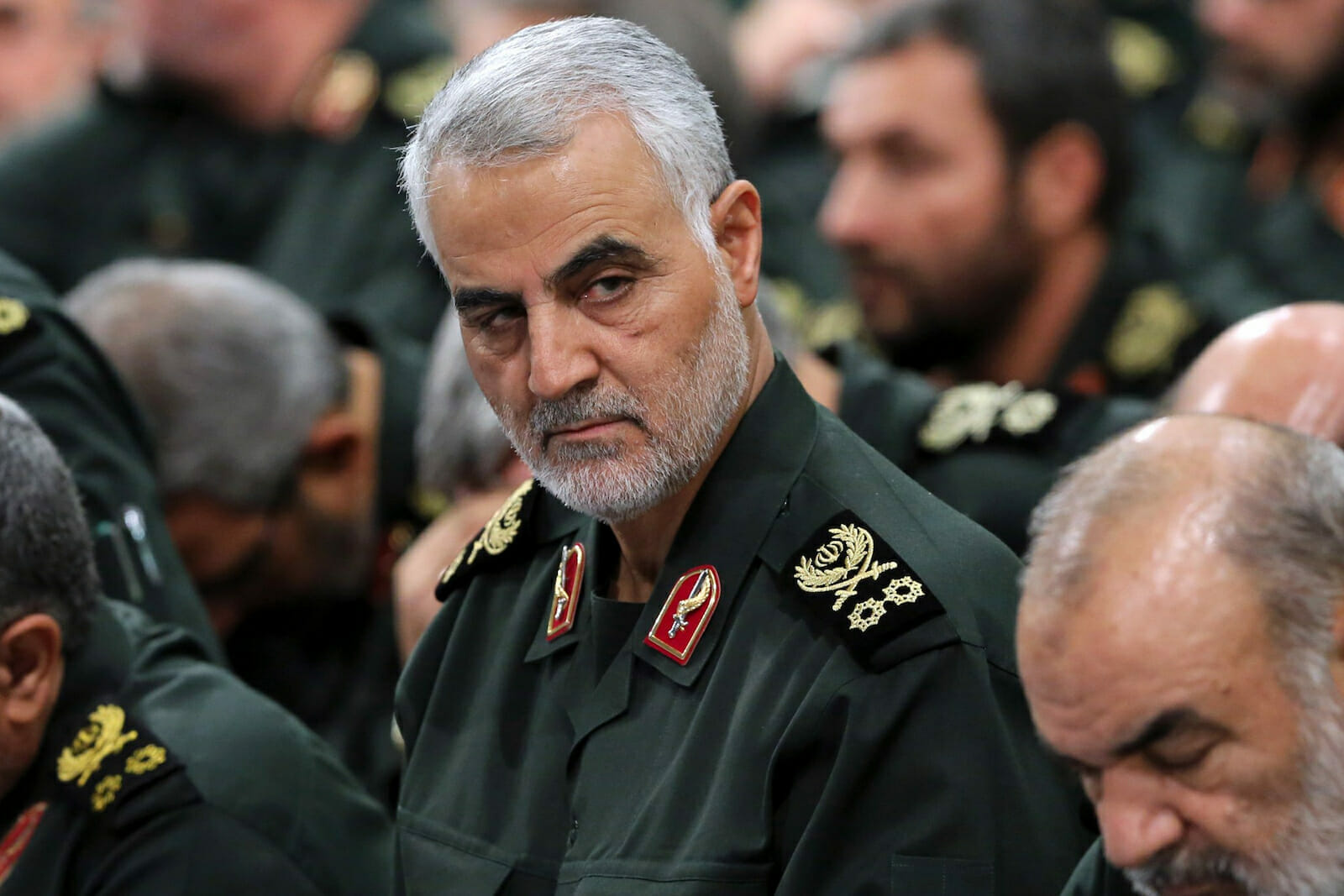
Trump Was Right to Tag IRGC with Terror Designation
This week’s formal designation of the Iranian regime’s Islamic Revolutionary Guard Corps (IRGC) as a Foreign Terrorist Organization (FTO) strikes a significant blow to one of the foremost global state sponsor of terrorism.
The Federal Register, the official journal of the U.S. government, now identifies all IRGC forces – including the Qods Force, Basij Organization, Aerospace, Navy, and Ground Forces – as foreign terrorist organizations, with all of the privileges and penalties pertaining thereto. To achieve maximum pressure, however, the designation should be expanded to include the IRGC’s myriad offshoots.
The IRGC has long served as Tehran’s principal apparatus for domestic repression and the imposition of regional terrorism. The designation is decade’s overdue and constitutes a boost to the Iranian people seeking a democratic transition. Long used as a suppressive force, ordinary Iranians now have even more reason to take to the streets and make their voices heard.
The Trump administration deserves credit for taking this decisive action.
The U.S. should next designate Iran’s Ministry of Intelligence and Security (MOIS) as an FTO in light of its participation in a terror plot in Europe in 2018.
Since this plot was foiled, the White House has made great strides in further shifting U.S. policy from the conciliatory gestures of the Obama years to a much firmer stance toward the Iranian regime.
The terror tagging of the IRGC extends recent summits in Warsaw and Munich, where the U.S. and Europe worked to build a trans-Atlantic consensus on the need to confront Tehran’s malign activities in the Middle East and belligerence around the globe.
The collective impact of these efforts means that resources that would have otherwise been delivered to militia groups funded and trained by the IRGC, never shy about targeting coalition military forces, will be significantly curtailed.
The Pentagon recently reported that the Iranian regime is responsible for killing at least 608 U.S. troops in Iraq since 2003. The regime has also spent between $12 to $15 billion dollars annually in Syria propping up the Assad dictatorship, even as it slaughtered defenseless Syrians.
With the IRGC controlling more than half of the Iranian economy, countries inclined to engage in trade or investment with Iranian entities should also now think twice before doing business in Iran since any such commercial partners are likely to have ties to the IRGC and will necessarily run afoul of U.S. restrictions.
But, to be clear, though Western sanctions and diplomatic isolation have increased the pressure on the regime, it is the regime’s ascendant opposition that has fostered an existential crisis in Tehran.
The amplification of efforts initiated by Iran’s own resistance community over the past year, particularly those undertaken by the People’s Mojahedin Organization of Iran (PMOI/MEK), have consumed the clerical rulers and prompted a fresh examination of the mullahs’ hold on power. The MEK has been the principal opposition since the 1979 Revolution and the organization, the key element in the broader secular NCRI coalition, has only grown in strength, popularity, and prowess since that time.
Additional U.S. sanctions would further strengthen the opposition’s hand and exacerbate the regime’s anxieties. So too would designating all affiliate entities of the IRGC to ensure that Tehran does not find a backdoor through which to avoid the consequences of the newly imposed terror tag.
The Iranian people have long held a deep and abiding resentment for the theocratic dictatorship and its Praetorian Guard, the IRGC. Major national uprisings that began in December 2017 and grew in strength in 2018 are emblematic of this disdain. Following recent floods that ravaged dozens of cities in Iran, residents strongly criticized the IRGC for plundering the country’s national wealth and destroying the environment.
Unable to deter or contain the unrelenting, pervasive, and geographically widespread protests in 2018 and 2019, the IRGC gunned down scores of protesters in the streets, arrested more than 8,000 citizens, and detained, tortured, and executed others.
That young people, undeterred by the regime’s brutality, used technology to mobilize the masses, open new fronts, fight back, and sustain their movement for freedom is a sign that the IRGC terror designation is right for the Iranian people.
With Tehran effectively at war with the West and singlehandedly responsible for inciting violence in Yemen, Iraq, and Syria, the IRGC and its Qods Force have compromised critical U.S. security interests.
The White House decision to finally designate the IRGC as a terror organization opens the door to new tools to push back on the regime’s belligerence, at home, in the region, and around the world.

